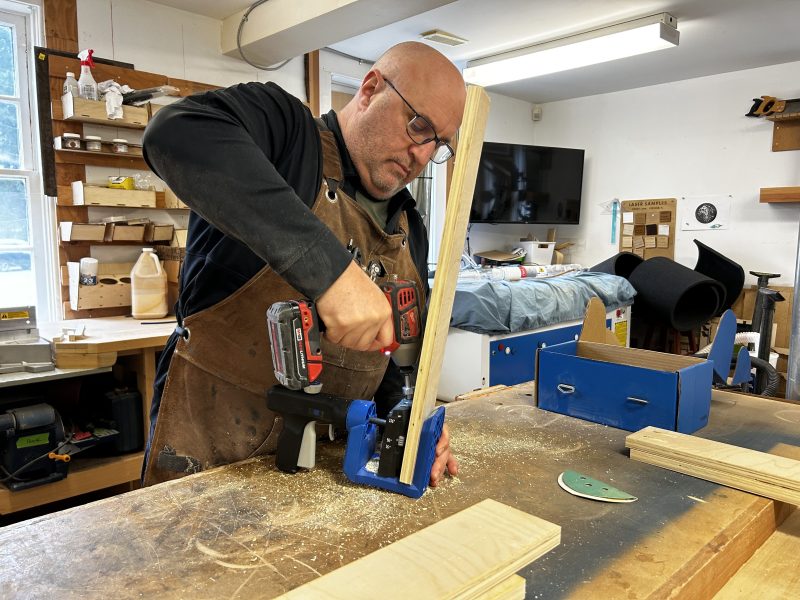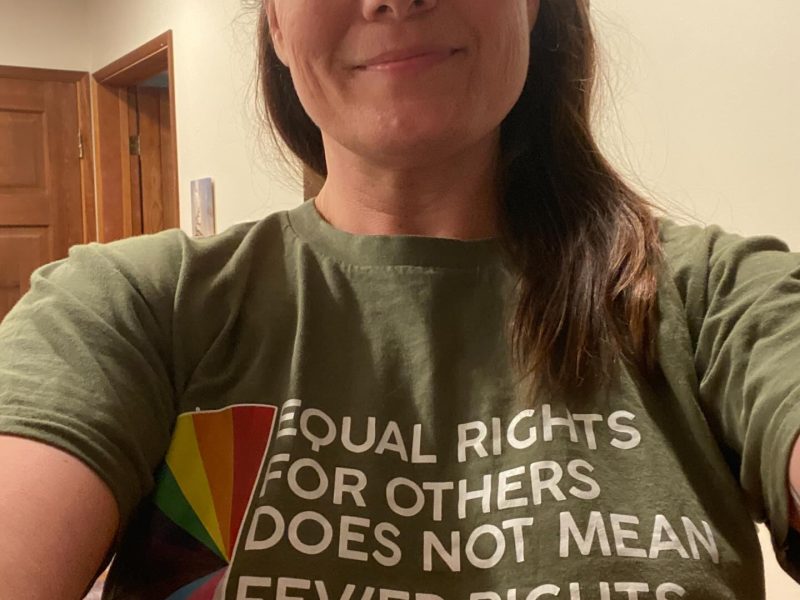
This is an excerpt from Discourse Community Publishing’s monthly newsletter, which offers a behind-the-scenes look into our work and a roundup of stories from our publications. Sign up for any of The Discourse’s weekly newsletters and automatically receive the monthly in your inbox, too.
It’s been about one month since news was taken off Meta’s social media platforms as a response to the Canadian government’s Online News Act, also known as Bill C-18. The bill aimed to force tech giants, including Meta — the parent company of Facebook and Instagram — to pay publishers for content shared on their sites. But Meta has decided it would rather block news content to Canadian users than help foot the bill.
We knew this would impact publications — especially smaller, independent ones like ours. And the news ban is impacting our community members, too, by making it harder to share verified information, while misinformation spreads.
Discourse Community Publishing is a network of independent outlets dedicated to providing fact-checked news and information to our communities. The network includes The Discourse Cowichan, The Discourse Nanaimo, Sun Peaks Independent News, The Wren (Kamloops), the Revelstoke Mountaineer and IndigiNews.
We know how much our communities have come to rely on Facebook and Instagram to find local news and information. Before the ban, 30 per cent of our website traffic came from links shared on Facebook.
This summer’s wildfires have brought this issue into sharp focus. Readers of our publications in Kamloops and Sun Peaks are expressing their frustration at the difficulty of finding and sharing critical information about the fires and emergency response.
The threat of Facebook blocking news about Canada’s wildfire emergencies has received international attention, including reporting by The Guardian, Al Jazeera and the Washington Post. But Canadians won’t see links to these posts on their Facebook feeds, either. Meanwhile, a video falsely claiming that fires were set deliberately in a government plot has been shared more than 4,000 times on Facebook. It can still be viewed and shared on the platform, despite being debunked and flagged as false information.
Gord Fuller, a former Nanaimo city councillor and long-time social activist, runs a Facebook group where community members have (sometimes heated) discussions about local news. The news ban is “annoying as hell,” he says with a laugh.
“I think it’s a great service to the community to have these various places where they can go and discuss things. Occasionally you get people who just want to rant but as long as they’re not overly obnoxious, I allow their comments, especially around the homelessness and drug addiction issues. The random stories that come up, we post it and talk about it. People need that knowledge.”
Fuller, like many others, is finding creative ways to share and discuss the news, despite the ban. In recent posts, he starts with the directive to “GOOGLE THIS” followed by an article’s headline, and sometimes an excerpt. Others are sharing screenshots of articles, or URLs that have been slightly altered.

But the official pages associated with news outlets can no longer share anything at all. We’re blocked not just from sharing links but from all communication with an audience we’ve invested significant time and money to build.
Individual reporters can still post information and local updates from their personal pages. But this creates other issues. In an age where online harassment against journalists is rampant, relying on personal accounts leaves reporters vulnerable to attack. And they can expect to receive notifications, comments and messages at all hours of the day, straining boundaries between work and personal life.
Despite all this, Discourse Community Publishing outlets have been working hard to combat misinformation and get crucial information to our readers.
For example, the team at The Wren is filling gaps in wildfire coverage, with in-depth reporting on the health impacts from wildfire smoke, how the wildfire emergency response works from behind the scenes and the important role volunteer-run Facebook groups play in disseminating information to people affected by wildfires.
On Vancouver Island, Discourse outlets continue to publish in-depth stories in response to community concerns.
As for losing the ability to post stories on Meta’s platforms, news outlets are adapting — and so are readers.
“We’ve got The Wren News, who needs Meta?” wrote Paul Knox on X (formerly Twitter).
While we’ve seen a significant decrease in pageviews on our website since Meta removed news from its sites, we’re working to change that. We’re turning to other platforms and considering ways to be more physically present in our communities, at events and through printed materials.
So, have we been impacted by the fallout of Bill C-18? Yes. We’re also staying true to our roots of experimentation and deep listening to find new ways to get news and information to the communities we serve.



